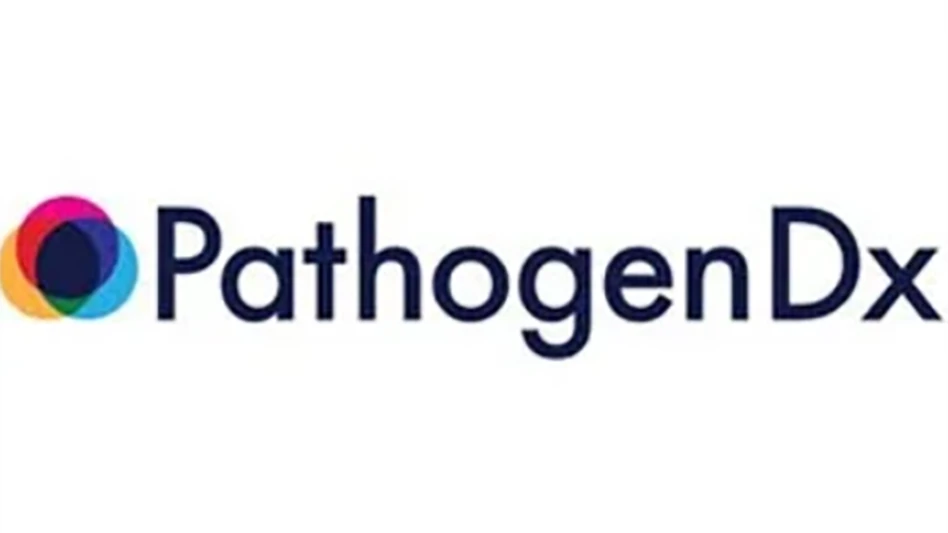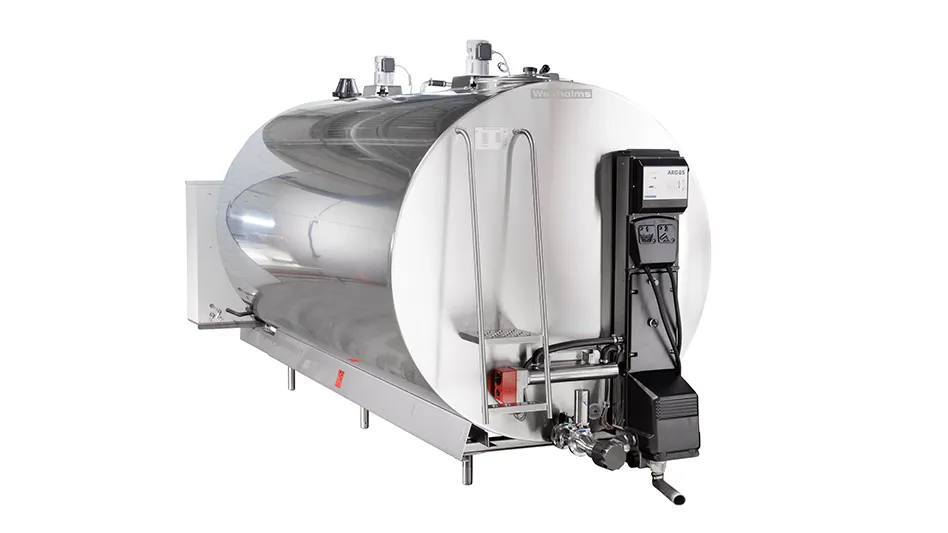
SCOTTSDALE, Ariz. — PathogenDx launched a new patented virus detection technology — Phytox
— to help curb the spread of new and existing plant-borne pathogens,
which are currently on the rise.
The new Asymmetric RT-PCR
microarray technology for the cannabis, food and agriculture sectors can detect
nine viruses or more in a single test and provides simultaneous, accurate viral
detection in approximately three hours, according to the manufacturer. In
addition, when compared to current viral testing technologies on the market
today, Phytox saves testing labs 70% in costs and delivers up to
100% times greater sensitivity when detecting specific viruses, PathogenDx reports.
“It’s crucial that Phytox become the new industry standard in order to protect public health and prevent producers from losing yields to pathogens that can cause huge economic damages,” says PathogenDx co-founder and CEO Milan Patel. “Our patented technology shatters nearly all of the testing technology standards today for accuracy and efficiency in plant virus and pathogen detection. It is easy to administer and extraordinarily cost-effective, presenting a win-win scenario for both businesses and public health alike.”
Patel adds, “With the challenges that climate change presents to global food supplies, we anticipate seeing more pathogens emerge — just as we have for the last several years. These unknowns have the potential to present a grave public health danger, which could catastrophically impact crops, global food supplies and lives. By using smart next-gen technologies like Phytox, together, we're helping curb the spread of pathogens that have dire consequences. Our hope is to create a safer future today while simultaneously helping operators protect their yields and consumers.”
With triplicate testing of each of the major nine viruses of concern (Hop Latent Viroid, Beet Curly Top Virus, Lettuce Chlorosis Virus, Cannabis Cryptic Virus, Alfalfa Mosaic Virus, Arabis Mosaic Virus, Tobacco Streak Virus, Tobacco Mosaic Virus and Cucumber Mosaic Virus), within a single reaction, Phytox offers 100% assurance that there are no false positives, and the technology was validated from 240 field samples across viruses delivering 100% specificity, the company says. When compared to the current viral testing technologies that are commonly used in cannabis, food and agriculture — namely RT-qPCR and enzyme-linked immunosorbent assay (ELISA) — Phytox possesses up to 100 times greater sensitivity, detecting specific viruses accurately at a much more granular level, says the manufacturer.
"As the cannabis, food and
agricultural industries are confronted with new and different viruses, the
beauty of the Phytox technology is its content scalability, where
additional viral targets can be added in a fraction of time, cost and effort,
thus ensuring ‘future proofing’ capability of the technology,” says Patel.
Phytox utilizes standard equipment testing
labs have on hand, foregoing special training for lab technicians aside from
clipping and preparing the samples. While other technologies need to test
anywhere from 1,000 to 10,000 cells per reaction for detection, Phytox detects
viruses of concern with 100% accuracy using 10 to 100 cells per reaction, the
manufacturer says.
Latest from Quality Assurance & Food Safety
- Food Safety Summit Keynote Focuses on Food Safety Leadership
- FDA Publishes Landmark Final Rule to Enhance the Safety of Agricultural Water
- The Wendy's Company Reports 2023 Corporate Responsibility Progress
- Local Bounti Opens New Controlled Environment Agriculture Facility
- Tröegs Partners with Patagonia Provisions to Introduce Kernza Lager
- Neogen Launches New Molecular Method for Detection of Two Salmonella Serotypes
- Standard Meat Company Appoints Keith Blanks as Chief Commercial Officer
- USDA Finalizes Policy to Protect Consumers from Salmonella in Raw Breaded Stuffed Chicken Products




